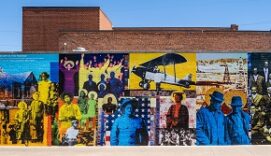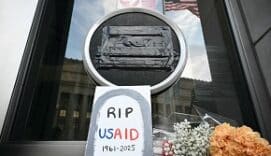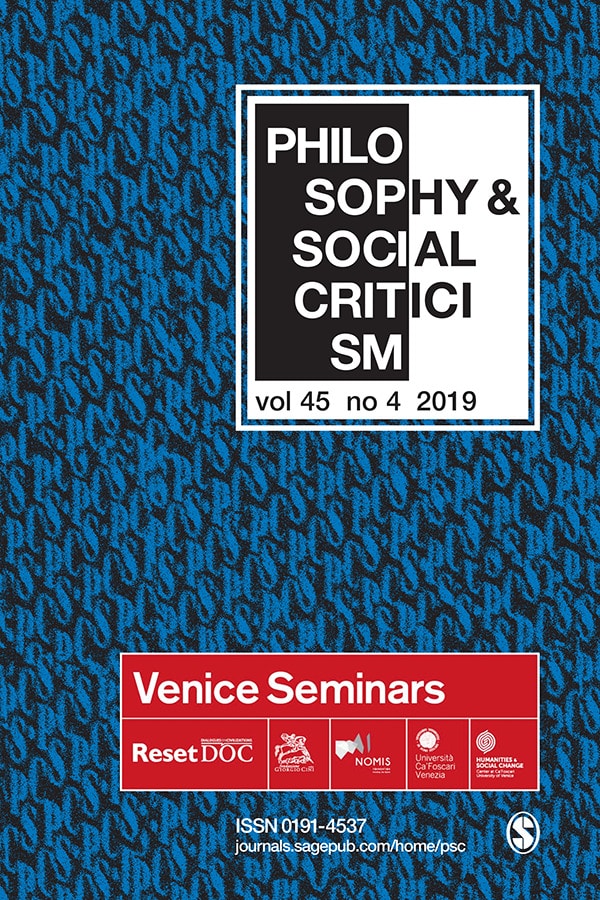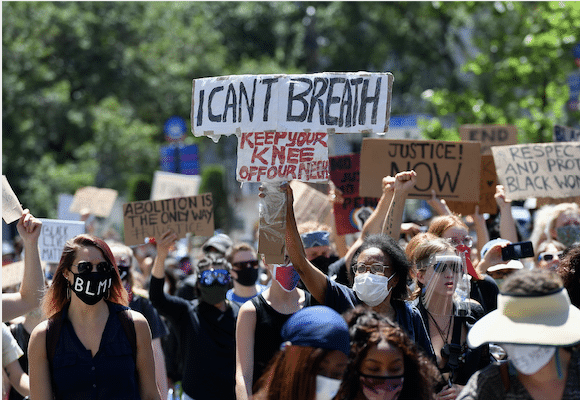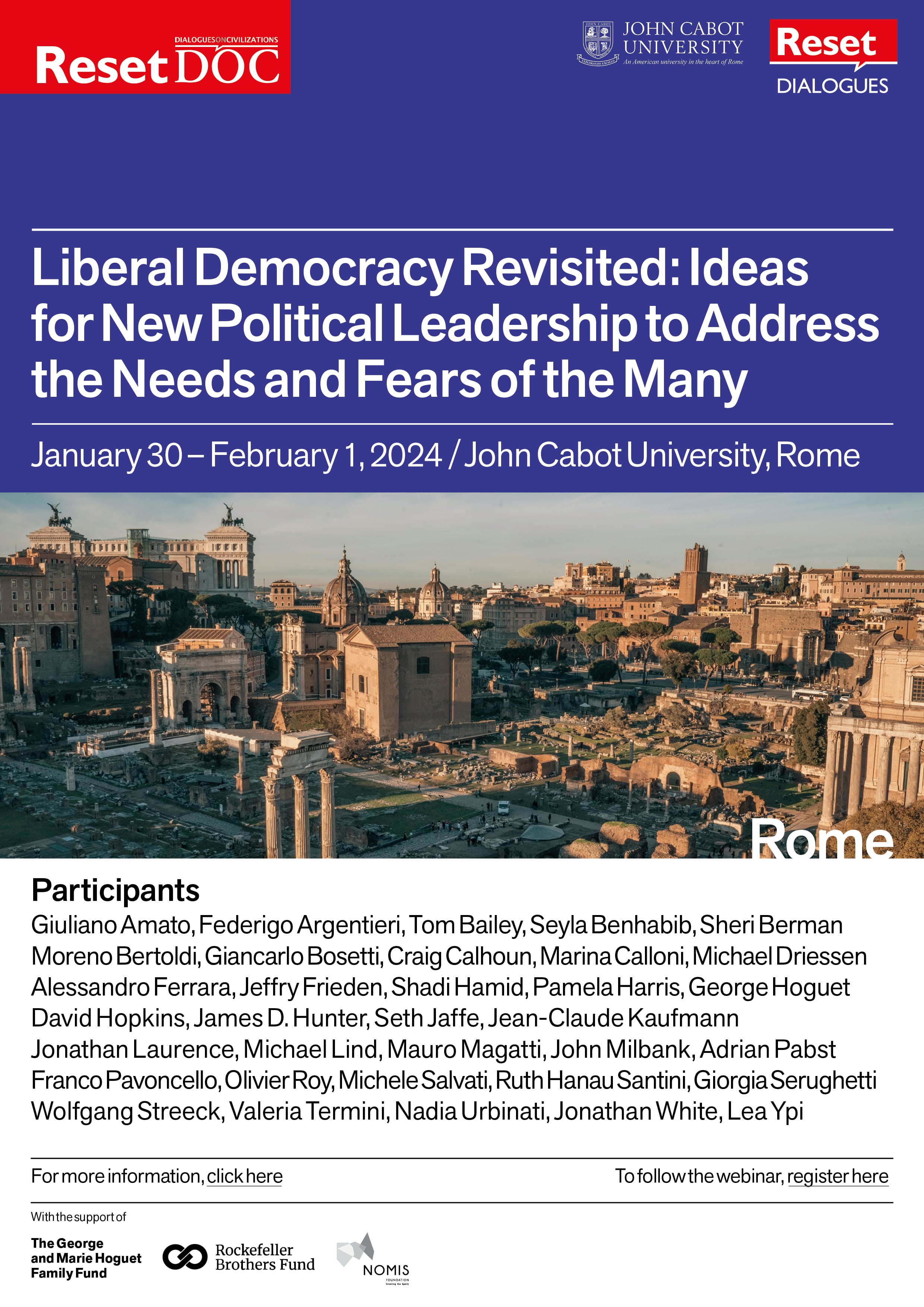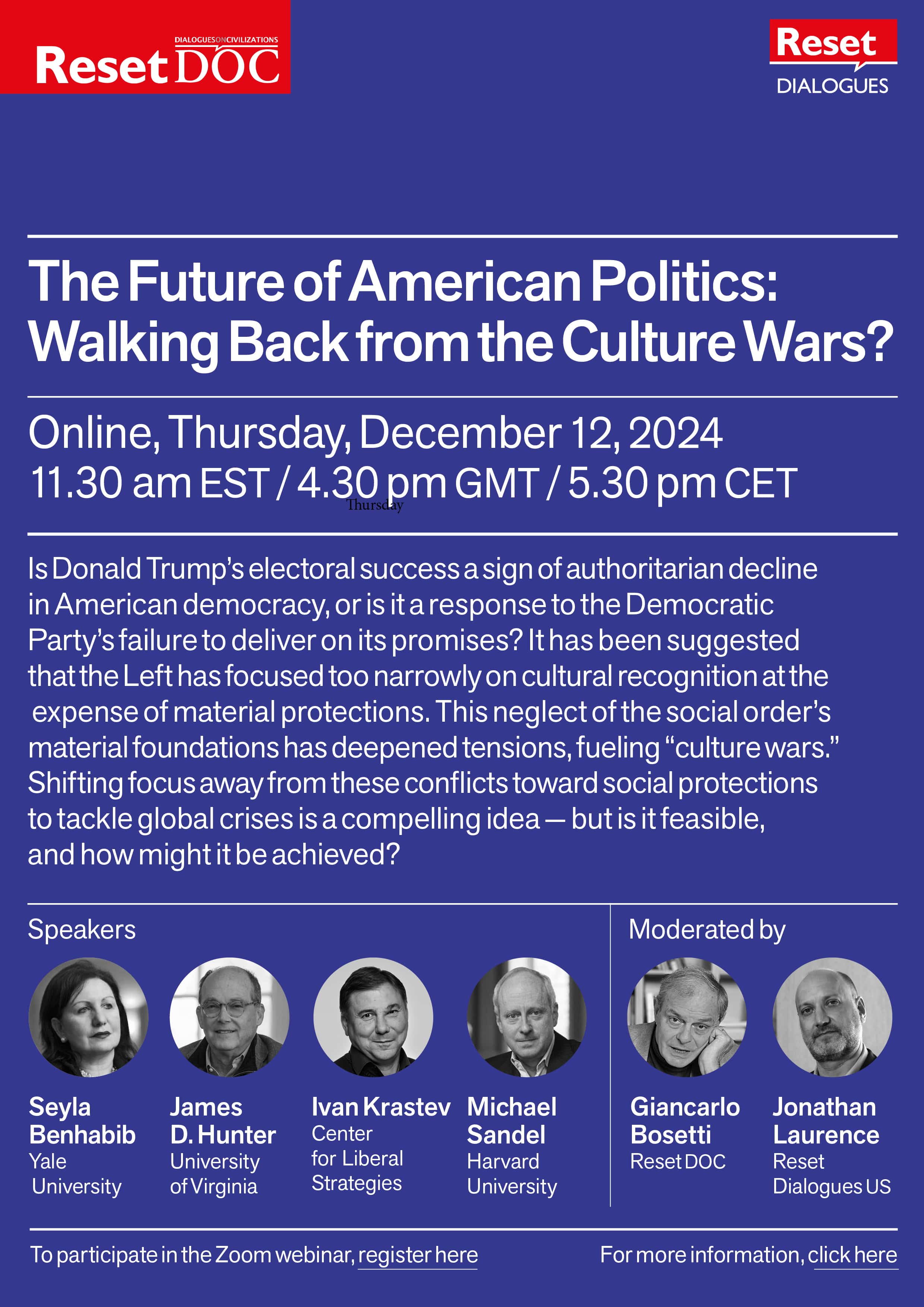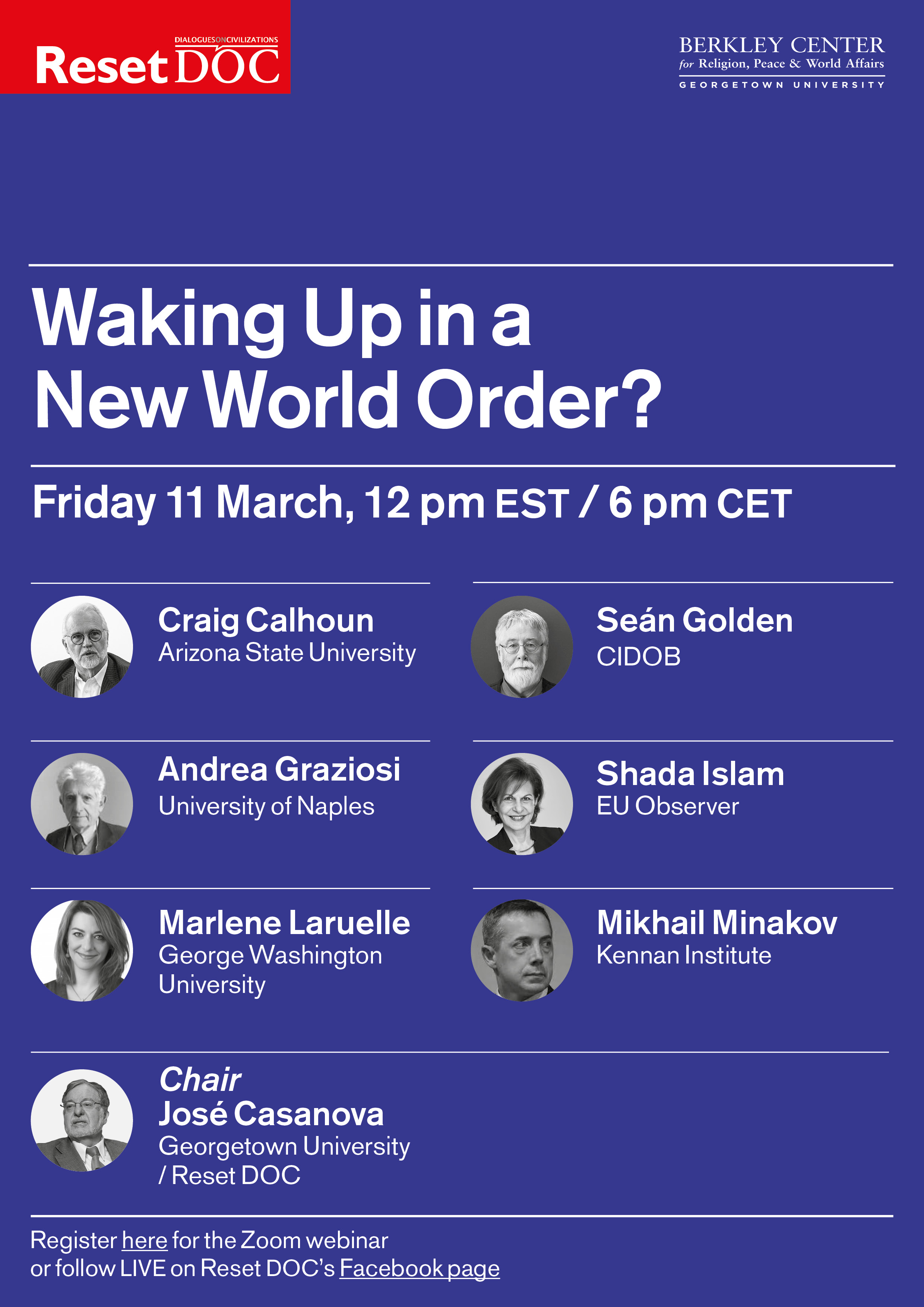In the increasingly surreal second Donald Trump administration, a 29-year-old Salvadoran named Kilmar Abrego Garcia now embodies the most fundamental restructuring of the US constitutional order, arguably in its history. Mr Garcia is being used as a test case for the Trump administration to decouple Americans from the rule of law and protection of courts. His case may be operating at the margins of American society, but its implications potentially represent a redefinition of the relationship between the individual and the US government.
Regions
PublicationsUnited States
This volume gathers the articles presented at the Reset DOC Venice Seminars 2018, which took place at the Giorgio Cini Foundation from June 7 to June 9, 2018.
The 2018 Venice Seminars addressed the topic of “Fountainheads of Toleration – Forms of Pluralism in Empires, Republics, Democracies”.
Our Initiatives United States
The international association Reset Dialogues on Civilizations has launched the Reset Seminars of Pluralism in the Middle East and North Africa, a yearly international program on cultural and religious pluralism and political liberties. The purpose is to promote a local intellectual response to the rise of rigorist strands of Islamic thought by training 40 emerging opinion-leaders on the relationship between religion, history and power and to contribute to the reawakening of pluralistic traditions in Muslim contexts.
Videos United States
This video is a recording of the 4th panel of the conference “The Divided Society After November 3rd” held on the 23rd and 24th of November 2020 in collaboration with the Centro Studi Americani and the Italian Academy at Columbia University.
In contemporary democracies, conflict over the correct policy responses to everything from the Covid-19 pandemic, economic inequality, and ethnic diversity continues unabated. In the United States in particular, this conflict has sown profound divisions between the actors of the staunch two-party system, which are not only political but have taken on a distinctly cultural hue. As the 2020 presidential election results and recent events have clearly illustrated, this divide is deeply entrenched in the political landscape and does not show signs of easing.
ConveningUnited States
John Cabot University
This international conference will address the critical challenges facing liberal democracies. It will explore their failure to respond effectively to the anxieties and needs of citizens grappling with globalization, precarious employment, demographic changes, and social dislocation. These issues, amplified by populist rhetoric and the perceived indifference of liberal elites, have led to growing polarization, weakened societal cohesion, and ideological stagnation in politics.
Is Donald Trump’s electoral success a sign of authoritarian decline in American democracy, or is it a response to the Democratic Party’s failure to deliver on its promises? Daron Acemoglu recently argued the latter, suggesting the Left has focused too narrowly on cultural recognition at the expense of material protections. This neglect of the social order’s material foundations has deepened tensions, fueling “culture wars.” Shifting focus away from these conflicts toward social protections to tackle global crises is a compelling idea—but is it feasible, and how might it be achieved?
Join us online for a momentous virtial roundtable on Friday 11 March at 12pm EST / 6pm CET – With José Casanova, Craig Calhoun, Sean Golden, Andrea Graziosi, Shada Islam, Marlene Laruelle, Mikhail Minakov





